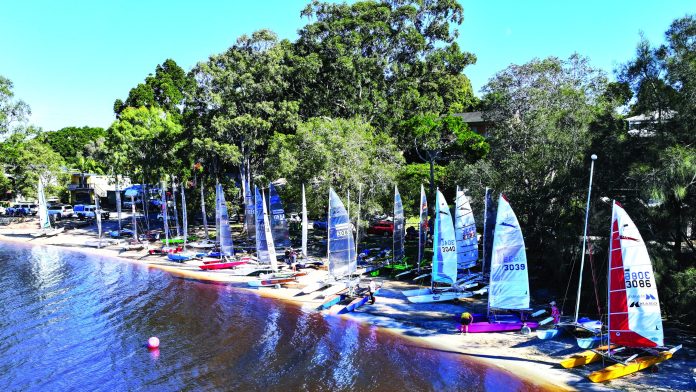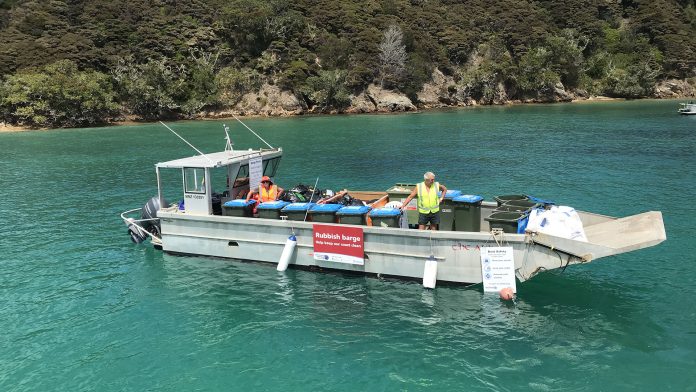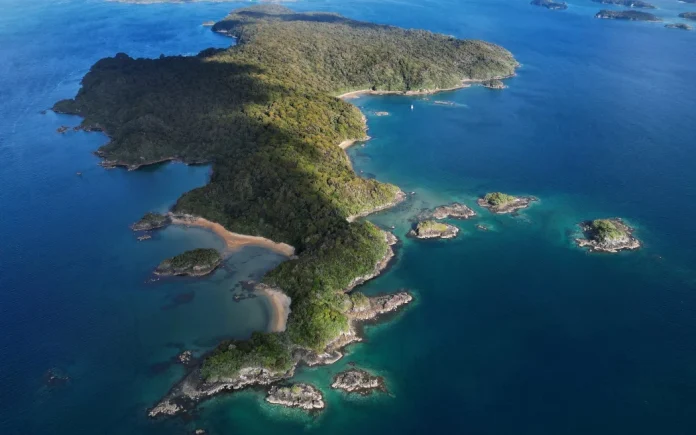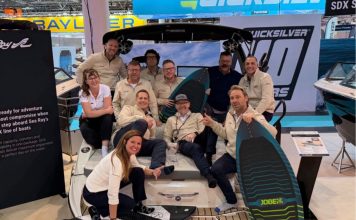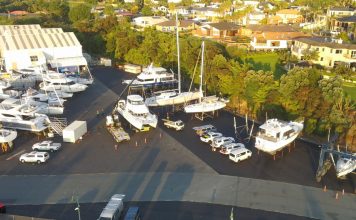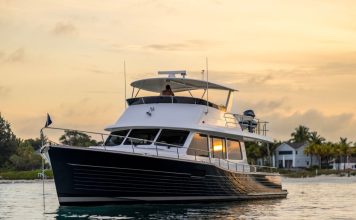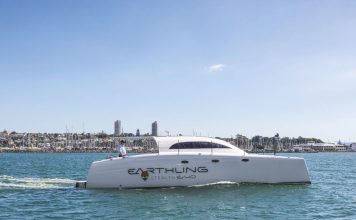A bit like Mark Twain who famously declared that media reports of his death were exaggerated, so too reports of the demise of the diesel engine might be a little premature. Story by Lawrence Schaffler.
Anyone monitoring the health of the international automotive sector over the last 18 months will be forgiven for thinking that dieselpowered vehicles face immediate extinction.
Consider this selection of media headlines:
• ‘Historic end’ for combustion: Volvo says all of its cars will use electric after 2019 • India to see only electric cars by 2030
• France wants to ditch gas, diesel-powered cars by 2040
• Britain bans gasoline and diesel cars starting in 2040
• China says it will stop selling internal combustion engine cars
• Toyota will electrify entire vehicle lineup by 2025

Everyone’s familiar with the emissions/climate change drivers at play here, and even if you’re sceptical about the science, it does raise an intriguing question: what does a growing anti-diesel brigade mean for the recreational marine sector?
In New Zealand – as in many countries – the vast majority of 10m-plus boats are powered by diesel donks. Are these engines – many of them admittedly a little long in the tooth – to be legislated out of existence? Are even the latest-generation engines to be banned from new builds?
Well, as always, it depends on who you ask.
A somewhat more upbeat perspective on the diesel engine’s future came earlier this year at the Intermat Expo in Paris – a massive international exhibition targeting the global construction and infrastructure industries.

One of the keynote speakers – Dr Kelly Senecal – is an American engineer and the co-founder of Convergent Science (developers of Converge software). The company specialises in CFD (computational fluid dynamics) simulations and, in particular, in ‘virtually’ recreating what happens inside a combustion chamber – when high compression ignites the diesel-air mixture as the piston reaches the top of its stroke.
The automotive industry is one of his major clients and he works closely with engineers on problems related to combustion modelling and other fluid flow phenomena. Thanks to insights gleaned from this research, Senecal preaches a different message about the future of diesel engines.
It goes something like this: “diesel engines are continuously improving and evolving – and have been for many years. They are nowhere near their optimum. With more research, they will run cleaner, with greater efficiency and improved performance. This is a time of opportunity for engine manufacturers.”
He reminded delegates that while European emissions standards for construction machinery have become progressively more stringent – beginning with the Stage I regulations in the late 1990s – the new Stage V regulations (effective next year) will introduce even tighter restrictions on carbon monoxide, hydrocarbon and nitrogen oxide emissions.
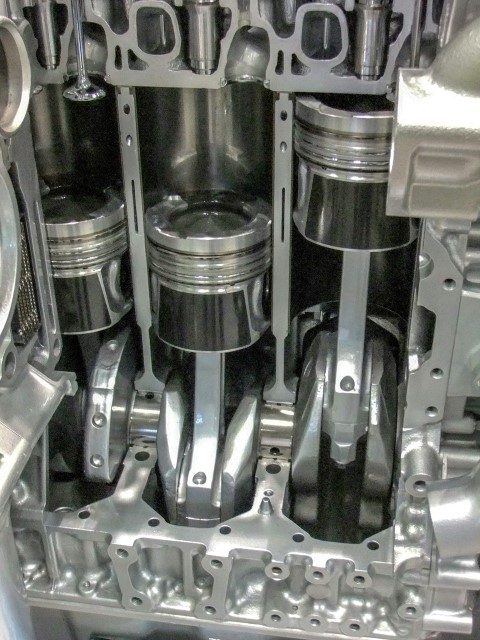
These will drive significant improvements in the overall efficiency and performance of the diesel engine – and every sector using the engines, including the marine industry – will benefit.
Senecal stresses he is neither anti-alternative fuels nor anti-electric. Indeed, he welcomes the technologies and readily concedes that electric and hybrid vehicles will be fundamental to future transportation. But he is adamant that the diesel engine will also be there.
A diesel engine, he says, provides a unique combination of torque, reliability and convenience that’s unmatched by other technologies, and while electric and hybrid technologies are advancing steadily, they also have inherent problems which will have to be addressed.
These include concerns about the viable range of electric vehicles, the time needed to recharge batteries, the relatively underdeveloped infrastructure of recharging stations – and the need to find a way to decommission and recycle batteries safely and efficiently. Crucially, supplies of the vital ingredients that go into battery technologies – lithium and cobalt – are also limited.
Furthermore, battery production is not emission-free, nor is generating electricity for recharging batteries. The majority of the world’s electricity generation (around 70 percent) is still produced by fossil fuels – and will be for the foreseeable future. So to present electric or hybrid vehicles as ‘emission-free’ is a little disingenuous.
Senecal says the demonisation of the diesel engine that followed the 2015 ‘dieselgate scandal’ – when automotive giant VW was found to have fudged its engines’ emissions data – has been politicised, to the point where several governments are proposing an outright ban on petrol- and diesel-powered vehicles. He does not believe this is realistic.
THE WAY FORWARD
Electric and hybrid technologies will continue to grow, but with continued R&D, internal combustion engines will become even cleaner and will remain at the heart of motive power for years to come.
“The margins are still there. We have to work towards constant improvement, especially now, as we stand at the cusp of the introduction of European Stage V regulations.”












